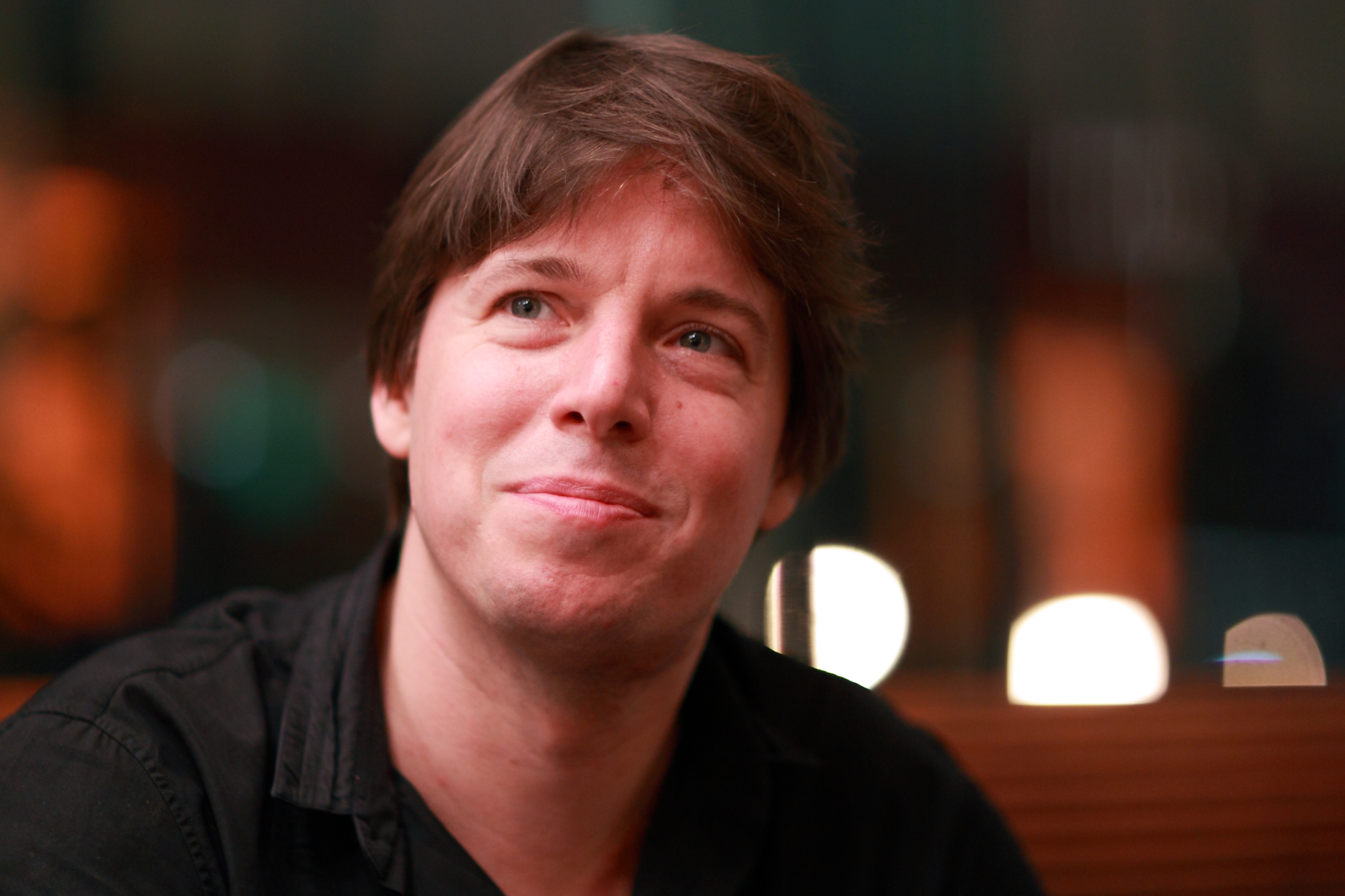Joshua Bell
(1967 - )

Joshua Bell is a Jewish American violinist.
He was born in Bloomington, Indiana to a Jewish mother. His maternal grandfather was a native Israeli.
Bell was handed his first violin at the age of four and it was soon clear that he was a musical prodigy. As a young boy, Bell studied first under Mimi Zweig, and then under the world-famous violinist, Josef Gingold. He gave his first public performance when he was seven years old.
At the age of fourteen, Bell appeared as a soloist with the Philadelphia Orchestra conducted by Riccardo Muti. He studied the violin at the Indiana University Jacobs School of Music. In 1989, Bell received an Artist Diploma in Violin Performance from Indiana University.
Joshua Bell made his Carnegie Hall debut in 1985 with the Saint Louis Symphony Orchestra. He has since performed with almost all of the world’s major orchestras and conductors. Bell was awarded an Grammy in 1993. He performed the solo part on John Corigliano's Oscar-winning soundtrack for the film The Red Violin and was also featured in Ladies in Lavender. He also performed solos for the film Angels & Demons. Bell also made an appearance in the movie Music of the Heart, a story about the power of music, with other notable violinists. He has made numerous other appearances, including playing himself in Mozart in the Jungle, Royal Pains and Julie’s Greenroom.
Bell’s violin is “the most Jewish Stradivarius you could find.” The Gibson-ex-Huberman
of 1713 is a 300-year-old Stradivarius, which belonged to Bronislaw Huberman, founder of the Palestine Symphony Orchestra, later the Israel Philharmonic. In 1936, Huberman was performing at Carnegie Hall to raise funds for the orchestra when the violin disappeared from its case backstage. “It didn’t resurface until 1985, when a café violinist called Julian Altman admitted on his deathbed that he’d stolen it.” In 2001, Bell learned that the violin was about to be sold to a German industrialist to become part of a collection and sold his Tom Taylor Stradivarius for a little more than two million dollars so he could purchase the Gibson-ex-Huberman for a little under four million dollars.
Bell was awarded the Avery Fisher Prize in 2007 at Lincoln Center in New York City. In May, 2007, Bell took a position as Senior Lecturer at Indiana University’s Jacobs School of Music. In 2008, Bell received an Academy of Acheivement Award for his outstanding work in the arts.
In an experiment initiated by Washington Post columnist Gene Weingarten, Bell donned a baseball cap and played as an incognito busker at the Metro subway station L’Enfant Plaza in Washington, D.C. on January 12, 2007. The experiment was videotaped on hidden camera; of the 1,097 people who passed by, only seven stopped to listen to him, and only one recognized him. For his nearly 45-minute performance, Bell collected $32.17 from 27 passersby (excluding $20 from the passerby who recognized him). Weingarten won the 2008 Pulitzer Prize for Feature Writing for his article on the experiment. A feature-length documentary, Find Your Way: A Busker's Documentary, chronicled Bell’s experience.
In May 2011, Bell was named the new Music Director of the Academy of St Martin in the Fields
Bell credits his Jewish mother (“in every sense!”) with forming his crucial pattern of hard work and determination. “She’s very strong willed,” he said. “I think one reason a lot of successful musicians have been Jewish is that tradition of work ethic and involvement from the parents.”
Bell has recorded more than 40 albums to date and appears frequently on The Tonight Show and Late Night.
Sources: The Official Joshua Bell Website;
The Jewish Journal;
“Joshua Bell,” Wikipedia;
Jessica Duchen, “Violinist Joshua Bell: My success is down to my Jewish mother,” Jewish Chronicle, (January 4, 2018).
Photo: Alexduff licensed under the Creative Commons Attribution-Share Alike 3.0 Unported license.


